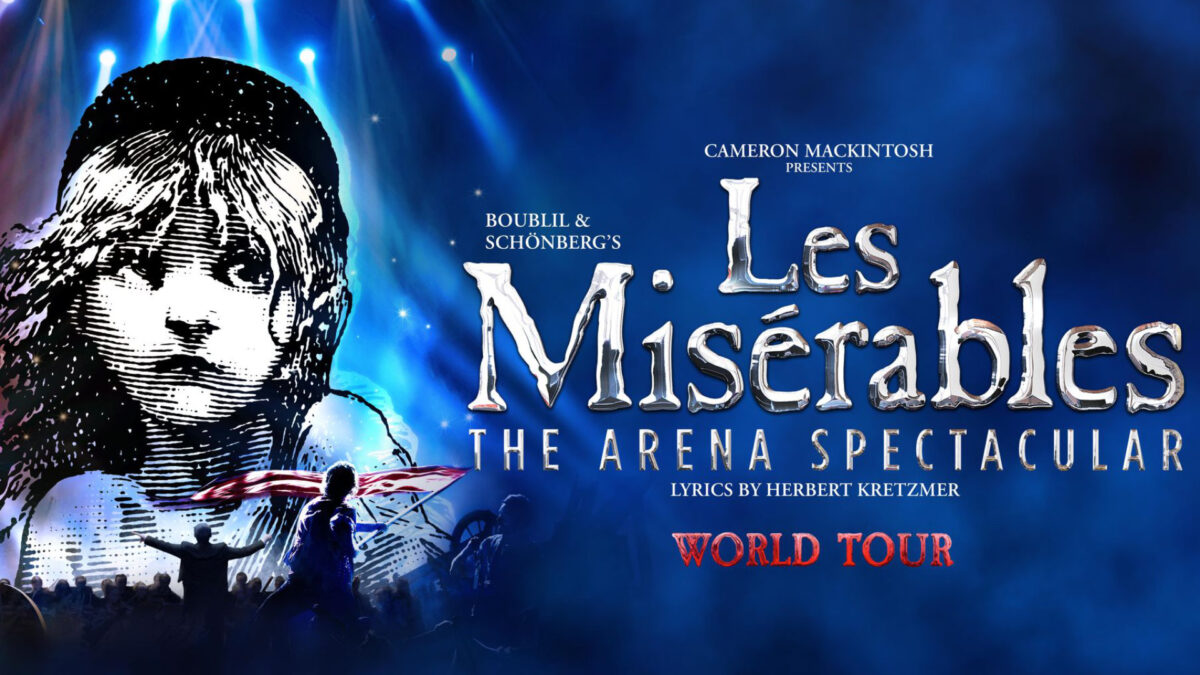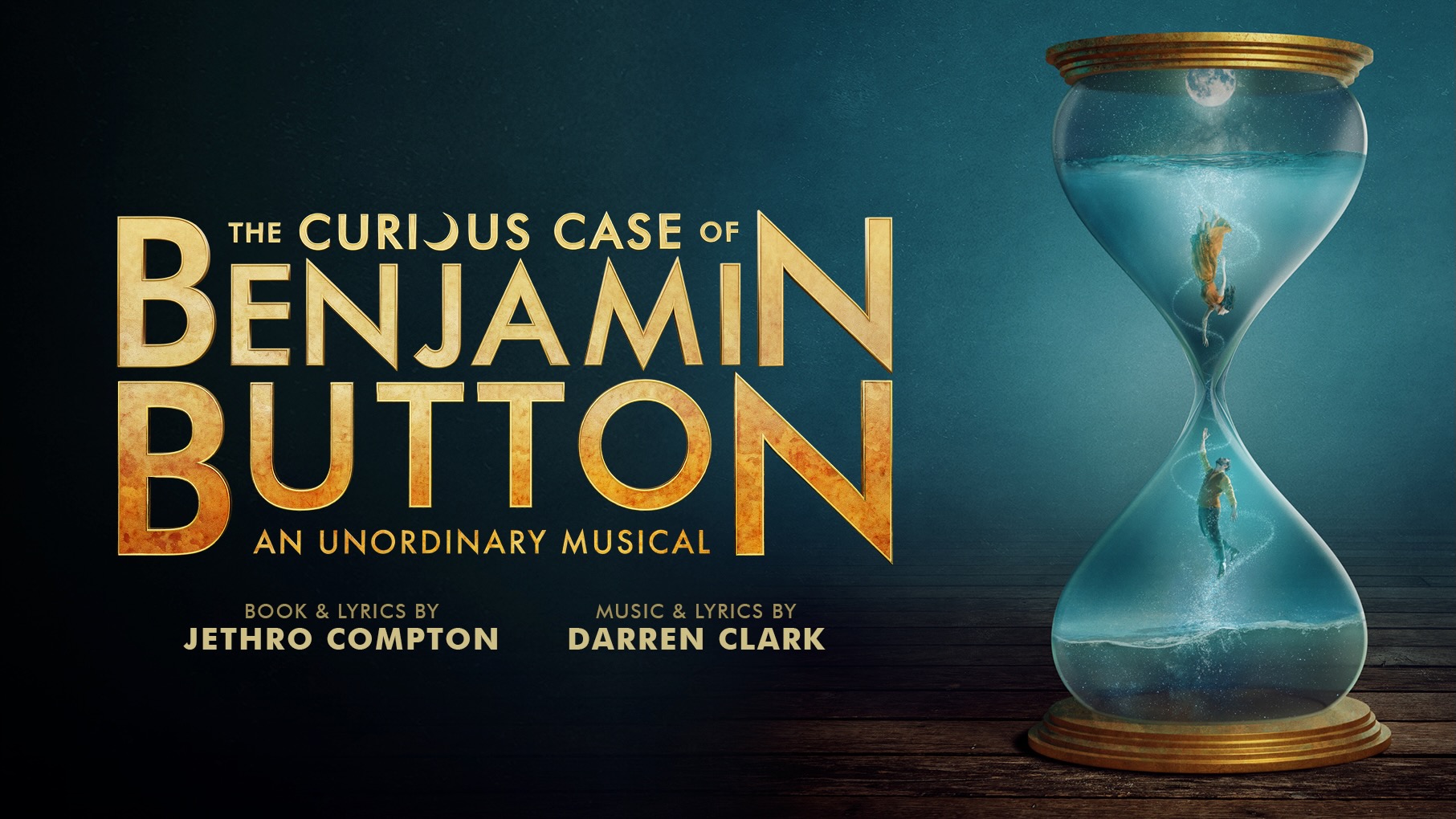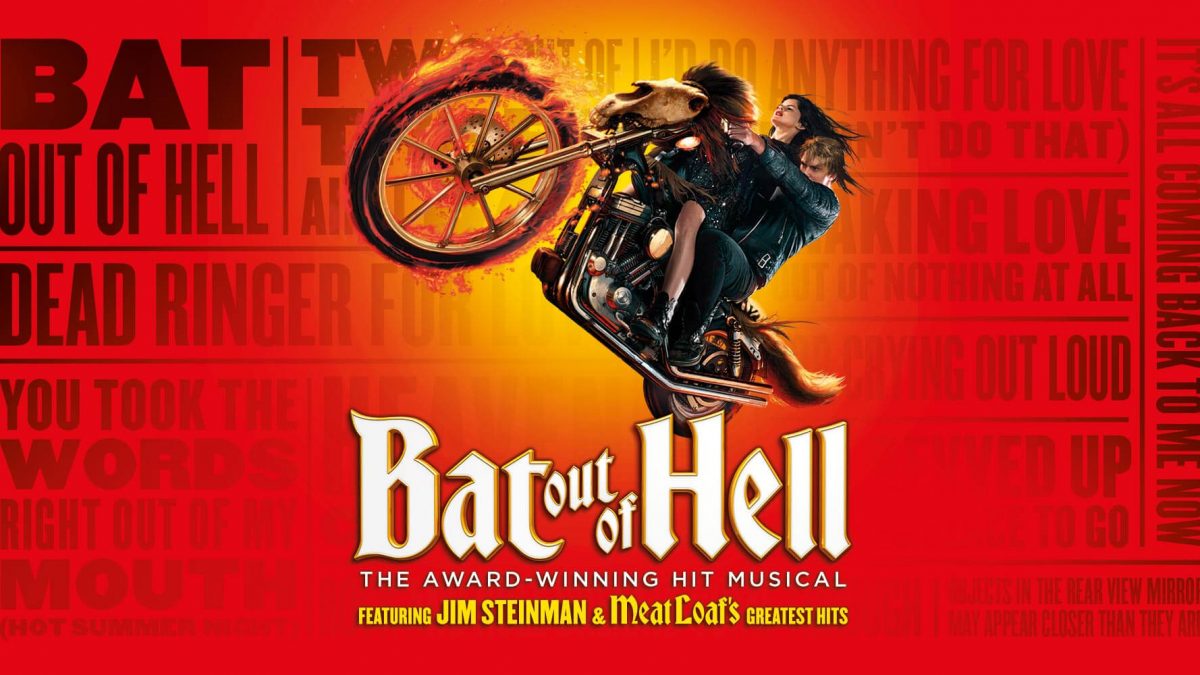The most iconic 11 o’clock numbers from musicals

The 11 o’clock number is an iconic staple of musicals on Broadway and in the West End.
An 11 o’clock number in musical theatre is a big, show-stopping song that occurs late in the second act of a two-act musical. The term originates from the days when most Broadway shows traditionally began at 8:30 PM, and so the big act two number would take place around 11PM.
Here are some of the best examples of 11 o’clock musical songs…
Iconic 11 o’clock numbers
Rose’s Turn from Gypsy
Rose’s Turn is a powerful and emotionally charged number from the musical Gypsy. It serves as the climax of the show, where the character Rose reflects on her life and her unfulfilled dreams. This song is a tour-de-force for the actress playing Rose, combining elements of rage, sorrow, and ambition. It’s a poignant moment that lays bare the cost of her vicarious living through her daughters’ careers.
Memory from Cats
Memory, from Andrew Lloyd Webber’s Cats, is one of the most famous songs in musical theatre. Sung by the character Grizabella, it’s a poignant reflection on past glories and the pain of aging and feeling forgotten. This emotional ballad resonates with audiences for its universal theme of reminiscence and regret, making it a quintessential 11 o’clock number.
I’m Here from The Color Purple
In The Color Purple, the song I’m Here is sung by the protagonist, Celie. This powerful anthem of self-acceptance and resilience marks a significant moment in Celie’s journey from abuse and oppression to self-love and independence. The song is a celebration of her enduring spirit and an affirmation of her worth.
Being Alive from Company
Being Alive is the climactic number from the late Stephen Sondheim’s Company. The song is sung by the protagonist, Bobby, as he comes to terms with his fear of commitment and his deep longing for a genuine emotional connection. This introspective ballad marks a turning point for Bobby, encapsulating his internal struggle and his eventual realization of the importance of relationships in one’s life.
So Long, Dearie from Hello, Dolly!
In Hello, Dolly!, the song So Long, Dearie is a lively farewell from Dolly Levi as she decides to move on with her life. This number reflects Dolly’s charismatic personality and her ability to adapt and thrive, regardless of the circumstances. It’s a humorous yet poignant goodbye, signalling a new chapter in her life.
No Good Deed from Wicked
No Good Deed in Wicked is a dark and intense number performed by Elphaba. It marks a significant shift in her character, as she resolves to embrace her new identity as the ‘Wicked Witch’ after her attempts at doing good are repeatedly misunderstood. The song conveys her frustration, anger, and sense of betrayal.
She Used to Be Mine from Waitress
One of the saddest musical theatre songs, She Used to Be Mine from Waitress is a deeply emotional and introspective ballad sung by the main character, Jenna. This song reflects Jenna’s regrets and the loss of her younger, more optimistic self amidst the hardships she faces. It’s a moment of vulnerability and self-realization, resonating with audiences for its honesty and heartfelt lyrics.
The Winner Takes It All from Mamma Mia!
The Winner Takes It All from Mamma Mia! is a powerful ballad sung by the character Donna. This song is a raw and emotional expression of her feelings about her past relationship. It’s a moment of vulnerability and strength, revealing Donna’s pain and resilience.
Back to Before from Ragtime
Back to Before from Ragtime is sung by the character Mother. This song reflects her personal transformation and newfound independence in early 20th-century America. It’s a powerful anthem about change and the realization of one’s own potential and desires in a rapidly evolving society.
This Nearly Was Mine from South Pacific
This Nearly Was Mine from South Pacific is a song of regret and reflection, sung by the character Emile de Becque. This poignant ballad expresses Emile’s realization of what he’s lost in love and life. It’s a tender and emotional moment that captures the essence of missed opportunities and longing.
More on: Features










